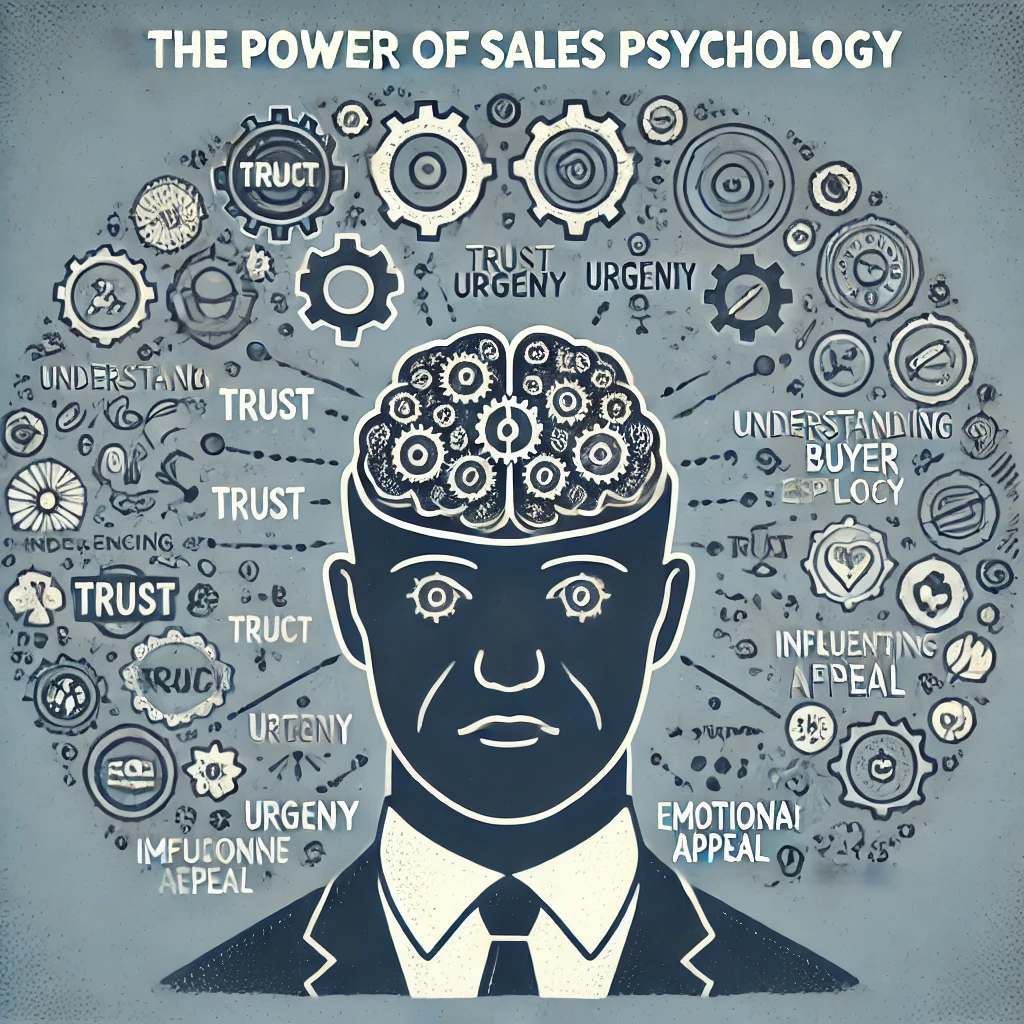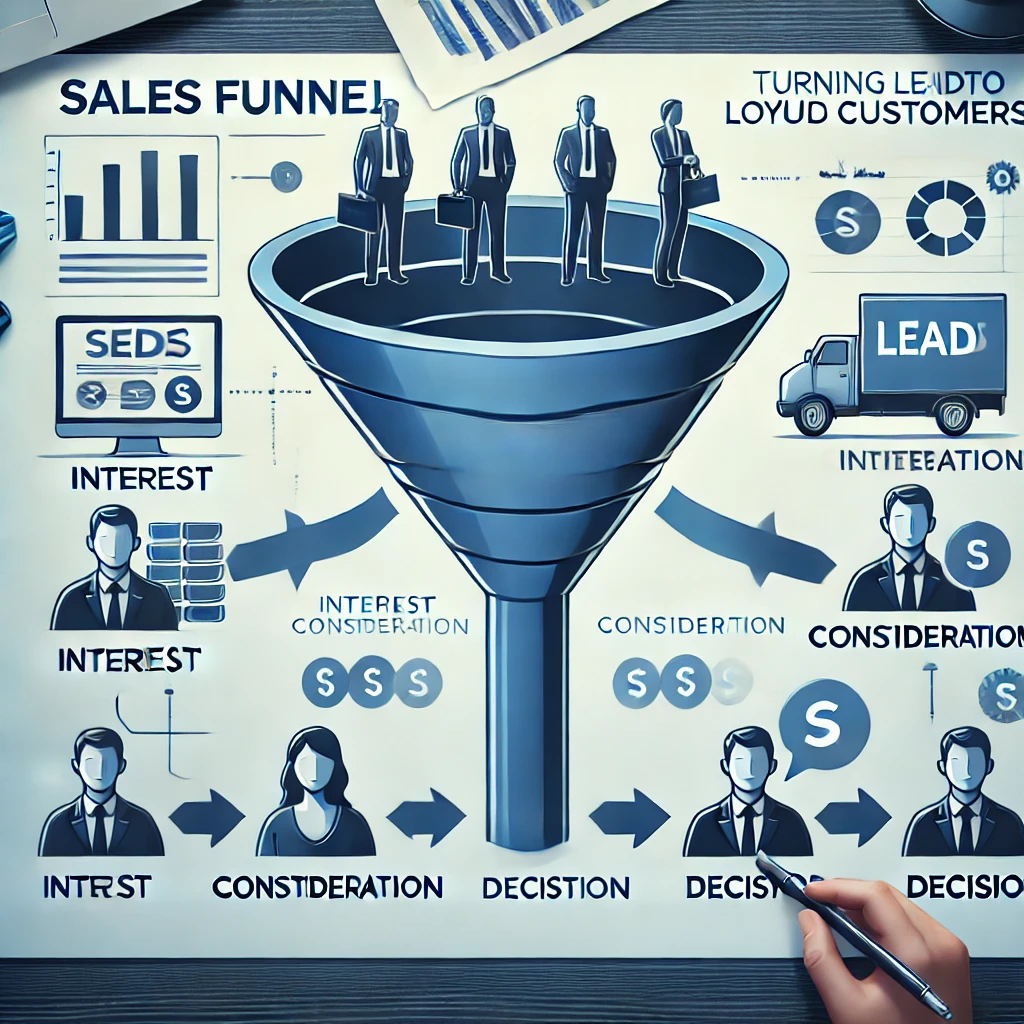
In the world of sales, success often depends on more than just the features and benefits of your product. It’s about understanding your customer’s mindset, their decision-making processes, and the psychological triggers that drive their purchases. Sales psychology plays a crucial role in influencing buyer behavior, and mastering it can significantly improve your sales performance. In this blog, we’ll explore how sales psychology works, why it matters, and how you can use it to close more deals and build lasting relationships with your customers.
What Is Sales Psychology?
Sales psychology refers to the study of how people think, feel, and behave when making purchasing decisions. It involves understanding the cognitive, emotional, and social factors that influence a customer’s buying choices. By tapping into these psychological triggers, salespeople can tailor their approach to meet customer needs, address concerns, and motivate action.
Effective sales psychology isn’t about manipulation; it’s about creating a positive experience for the customer that aligns with their needs and desires. When you understand the psychological drivers behind a sale, you can present your product or service in a way that resonates with your audience, increasing your chances of converting leads into loyal customers.
Key Psychological Principles That Drive Sales
The Principle of Reciprocity
One of the most powerful psychological triggers in sales is reciprocity. This principle is based on the idea that when someone does something for us, we feel compelled to return the favor. In sales, this might look like offering valuable content, discounts, free trials, or personalized recommendations without expecting anything in return.
For example, offering a free consultation or a helpful resource can build goodwill and prompt the customer to reciprocate by making a purchase. By showing that you genuinely want to help, you create a sense of obligation that can lead to a positive outcome for both parties.
The Fear of Missing Out (FOMO)
FOMO is a well-known psychological trigger that taps into people’s fear of losing out on something valuable. When potential customers feel like they might miss an opportunity, they are more likely to take action. Creating urgency is a great way to leverage FOMO in your sales strategy.
Limited-time offers, exclusive discounts, or “only a few items left” messages are effective ways to create urgency. By emphasizing the scarcity or time-sensitive nature of your offer, you encourage customers to make quicker decisions rather than procrastinate.
Social Proof
Humans are inherently social creatures, and we often look to others to guide our decisions. This is where social proof comes into play. When customers see that other people have had positive experiences with a product or service, they are more likely to trust it and make a purchase themselves.
Displaying customer reviews, testimonials, and case studies can go a long way in convincing prospects that your offering is worth their investment. Seeing that others have benefited from your product helps reduce perceived risk and boosts credibility.
The Power of Anchoring
Anchoring is a psychological principle where people rely heavily on the first piece of information they receive when making decisions. In sales, this often means that the first price a customer sees becomes their benchmark for evaluating the value of a product or service.
For example, if you introduce a high-priced item first, a lower-priced option may seem more reasonable in comparison, even if it’s still relatively expensive. This strategy can be used effectively when upselling or cross-selling, helping customers feel like they’re getting a better deal by comparison.
The Principle of Commitment and Consistency
Once someone makes a decision or commitment, they are more likely to stick with it due to a psychological desire to remain consistent with their actions. In sales, this can be used by encouraging small commitments from potential customers early on, which paves the way for a larger purchase.
For instance, getting a prospect to agree to a free trial or a low-cost introductory product can create a sense of commitment. As they experience the value of your offering, they will be more likely to make a larger investment in the future because they’ve already committed to trying your solution.
Emotional Appeal Over Logic
While logic certainly plays a role in decision-making, emotions often drive purchasing behavior. People are more likely to buy a product that makes them feel good, solves an emotional need, or aligns with their values. Salespeople who tap into the emotional drivers behind a customer’s decision can create a much more compelling case for their product or service.
For example, a customer might not buy a high-end skincare product because they logically believe it works better, but rather because it makes them feel more confident or relaxed. Understanding the emotional triggers behind a purchase allows you to position your product as the solution to those feelings.
Conclusion
By understanding the psychological triggers that drive buyer behavior, you can tailor your approach to meet your customers’ emotional and cognitive needs. Using principles like reciprocity, social proof, and commitment can create trust, build urgency, and ultimately drive conversions. By mastering sales psychology, you’ll not only close more deals but also build stronger, more lasting relationships with your customers, ensuring long-term success for your business.

